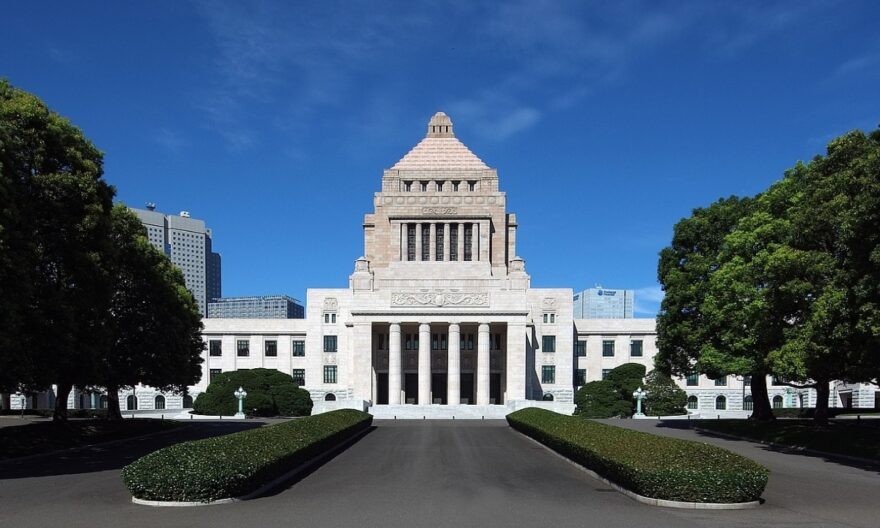
Recently, Japan successfully enacted a significant legislation addressing sex crimes, which is the result of a long-standing effort to enhance the punishment for various sexual offenses such as rape, photo voyeurism, and online child grooming.
The amendments made to the Penal Code introduce the term “non-consensual sexual intercourse” instead of “forced sexual intercourse,” expanding the range of cases that can be prosecuted as offenses. The bill outlines eight specific circumstances under which sexual intercourse can be considered non-consensual, including the presence of force or intimidation, the use of alcohol or drugs, and exploitation of economic or social status.
Prior to recent developments, issues surrounding consent had received limited attention from authorities in Japan. In a highly controversial case in 2019, a court acquitted a man who had repeatedly raped his teenage daughter, arguing that she could have resisted him. This verdict caused widespread outrage, but it was later overturned by a higher court, resulting in the man receiving a ten-year prison sentence for his crime.
Furthermore, activists had long been advocating for a change in Japan’s age of sexual consent, which was previously set at 13, the lowest among the Group of Seven countries. After a decades-long battle, the age of consent was raised to 16. It is important to note that this age had remained unchanged since 1907.
The revised law not only addresses “photo voyeurism,” which involves the clandestine capturing of explicit images of individuals, but it also criminalizes the online grooming of children. Disturbingly, in 2022, over 150 children fell victim to serious crimes, including rape, that were initiated through social media, as reported by the National Police Agency.
According to a government survey conducted in 2021, approximately 7% of women and 1% of men disclosed that they had experienced non-consensual sexual intercourse. Shockingly, only 5.6% of the victims chose to report their cases to the police, as revealed by the survey. In the same year, the Ministry of Justice recorded 1,330 individuals charged with rape, resulting in only 455 convictions.




